
China’s North Korea strategy: Keep Indo-Pacific out of US and Quad hands
Call it Chinese way of blurring the truth; it repeatedly says that it abides by the UN sanctions on North Korea but did not feel any qualm in sending a Chinese delegation-led by CPC Politburo member Li Hongzhong to Pyongyang to attend a parade which featured Hwasong-17 and Hwasong-18 intercontinental ballistic missiles—all banned under the UN sanctions.
Although China Foreign Ministry Spokesperson Mao Ning said, “On implementing UN Security Council’s resolutions, China always fulfils its due international obligation,” Chinese delegation’s participation in North Korea’s “Victory Day” parade which showcased the country’s nuclear missiles, has startled international community members. They see it as UNSC’s permanent member, China’s direct encouragement to North Korea even as it has splurged in an unlawful weapons programme. The ‘Victory Day’ parade was held in Pyongyang on July 27.
Moreover, the showcasing of military power by North Korea has come at the time when the Korean Peninsula is in the midst of heightened tension. This year alone Pyongyang has carried out several tests of weapons, including the Hwasong-18 intercontinental ballistic missile.
The nuclear-capable missiles are banned under the UNSC resolutions adopted with China’s and Russia’s support. The UNSC slapped sanctions on North Korea after it carried out its first nuclear test explosion in 2006. Since then, over the years the UNSC passed 10 sanctions against North Korea—all with support from China and Russia, news agency AP said.
After the Ukraine war, both UNSC permanent members have been accused by the US and its Western allies of shielding North Korea from an action by the Security Council. In March 2023, as per AP, US Ambassador Linda Thomas-Greenfield told a UNSC meeting that Chinese and Russian “obstructionism” was encouraging North Korea to “launch ballistic missiles with impunity” and advance development of more sophisticated and dangerous weapons.
Yet what has created a ripple in the strategic and diplomatic circles is that China, which claims itself as a responsible international power, took keen interest in North Korea’s display of ICBM weapons during the parade. Russia had sent its Defense Minister Sergei Shoigu for North Korea’s ‘Victory Day’ parade, while CPC Politburo member Li Hongzhong represented China at the one-day event in Pyongyang.
Both these visitors handed over letters from their respective Presidents—Vladimir Putin and Xi Jinping to North Korean leader Kim Jong Un and also got merrily photographed with the North Korean dictator. Analysts see it as an endorsement of North Korean activities even as they are provocative and have impacted peace and security of the region.
They offer several possible reasons why China does not want to turn the screw on North Korea and asks its leader to stop creating tension in the Korean Peninsula. The first reason is that President Xi Jinping wants the US and Europe or the entire international community to accept that only China has the capability to lead a new world order. He recently brokered a peace deal between Iran and Saudi Arabia—both long-time foes to each other in the Middle East region.
He wants global leadership for China in return for ending the stand-off between the two Koreas in the Peninsula. But then, he will not ask North Korea to cease missile and nuclear weapons tests and ease tensions in the Peninsula till China has a frayed relationship with the US, experts say.
Second reason is based on realpolitik: China wants North Korea to keep the Peninsula remain a cauldron of tension and wants it to continue creating fears in the minds of the American, Japanese and South Korean leadership about the safety of the region. Moreover, it wants North Korea’s role in distracting US, Japan, and South Korea’s attention in the region when it is preparing for military attack on Taiwan in order to forcibly unify it with the mainland.
Third is the Indo-Pacific strategy of the US and its allies. They want China to abide by rules-based international order while maintaining a free and open Indo-Pacific region. In the event of a conflict, there is a fear China may block the Sea which facilitates more than $5 trillion of international trade annually. But China sees the entire South China Sea as an area of its preserve and does not want the US, the Quad, or any other international power to show their military presence in this area.
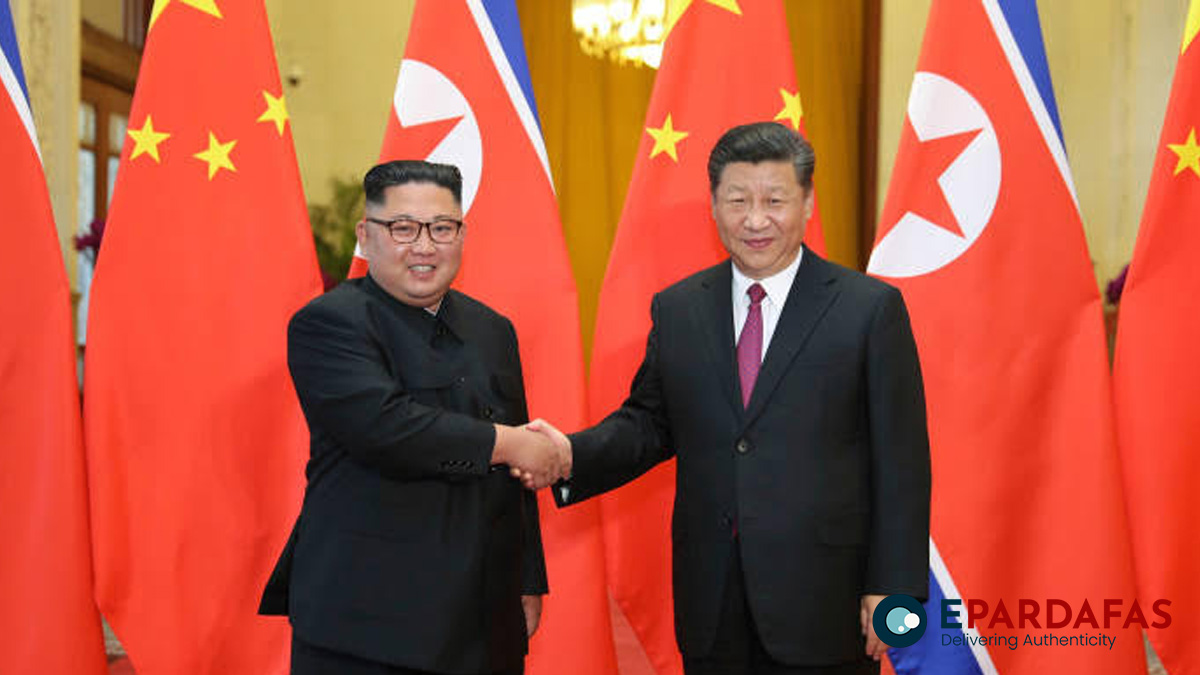
In the last 10 years, China has though modernized its armed forces with it possessing the world’s largest navy by fleet size (as per a 2021 US Congressional Research Service Report) and the world’s second largest operational air force having at least 600 4th generation fighters and substantial number of 5th generation fighters like J-20 and FC-31/J-31.
Still China lacks military wherewithal to really challenge the US and its partners in the Indo-Pacific region. The Russian military’s underperformance in its fight against Ukrainian forces in the ongoing war in the East European country is keenly watched by the Chinese military leadership who is said to be evaluating its military’s capability, given that it has not fought any battle since 1979. The PLA’s last battle was with seasoned and highly motivated Vietnamese forces who had successfully wrecked Chinese invasion 40 years ago.
In early 2018, the PLA Daily in an article warned that “decades of peace and prosperity have exacerbated corruption and undermined readiness of Chinese armed forces.”
Some experts cite China’s inadequate military preparedness as the reason for it to push a pause button to its aggression in the Taiwan Strait. Even as this is an issue of an analysis, China would never like Western military might to have a dominating presence in the region as it has a very high importance in China’s security mechanism. Peninsula shares a long border with China’s industrial heartland in the country’s north-eastern provinces.
To ensure that its strategic interests are not threatened, China wants North Korea to continue with its saber-rattling exercise as a deterrent to keep the US, Japan, South Korea in check. Therefore, as per Lowy Institute, an Australia-based think tank, Beijing’s support to North Korea will stay intact into the foreseeable future as it suits its geopolitical calculus. Its primary strategic concern is to keep the region out of the US and Quad’s hands.

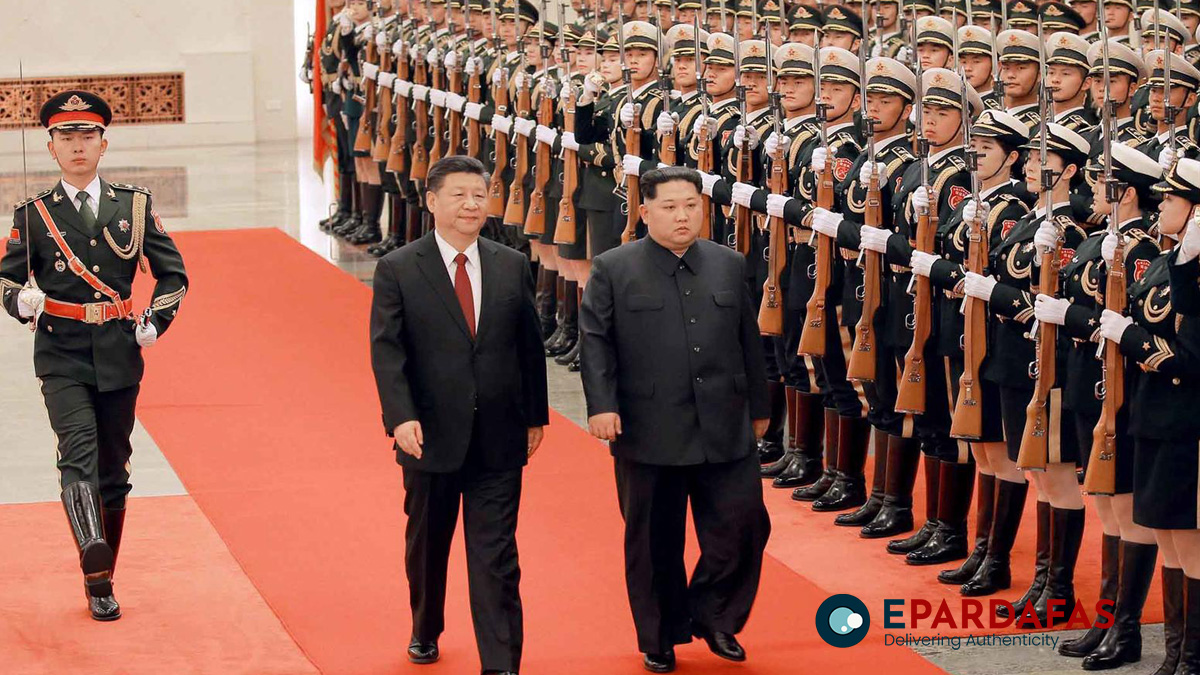



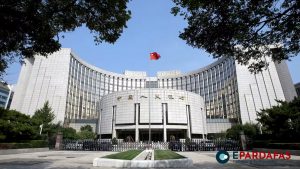
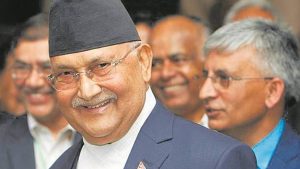

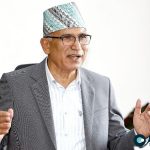



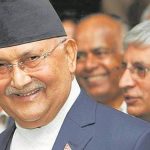

Comments